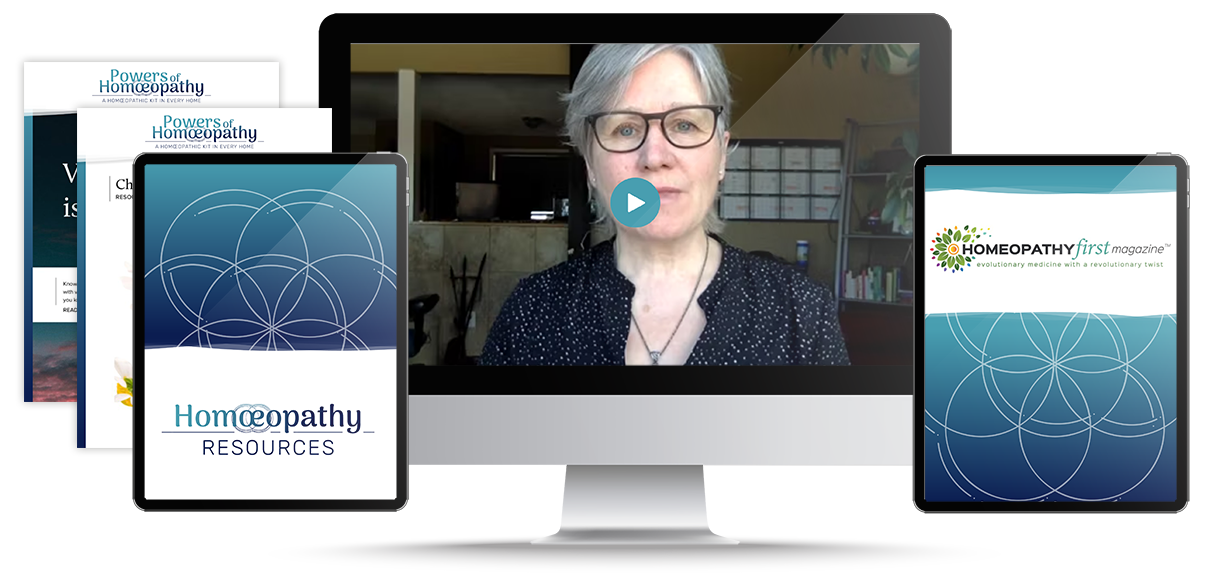WHEN TO GET PROFESSIONAL HELP WITH A SICK CHILD
Karen Wehrstein, Executive Director of Canadian Consumers Centre for Homeopathy (3CH), does a remarkable job of advocating on all issues where stories about homeopathy affect the public perception with misinformation.
Here is her introduction to an event that is ongoing in Calgary:
“In a tragic story about a mother in Calgary being charged with criminal negligence after her son died, her belief in homeopathy is being blamed… at least by some news outlets, including the National Post and the Calgary Herald.”
National Post’s version of the story.
Calgary Herald’s version of the story.
WHAT DO YOU THINK?
Several people have asked me my opinion. First off, my heart goes out to this family. What should be a private loss has become a media sensation and a platform to polarize health choices, with the potential to misunderstand both conventional and complementary medicine. All too often the arguments become about either/or instead of both/and.
BEYOND POLARITIES: A NEW METAPHOR
In situations like this, we search to understand – or perhaps we judge, perhaps we empathize, perhaps we move into blame, or we face our own worst fears for our families. Maybe we even enter into the polarization that easily becomes us/them, fight/defend, right/wrong, righteous/evil, and good/bad.
This is the current model of the immune system, a model that needs evolving so it can be viewed as one of cooperation, communication, and community rather than a battle or war. Where changes are needed in our perception of the immune system at a microscopic level, so too do we need to evolve our perceptions of conventional medicine and complementary medicine.
We can also evolve how we talk about our choices and how we have a conversation with both conventional medical professionals AND complementary health professionals.
A NEW UNDERSTANDING FROM AN ANCIENT MODEL: MICROBES
We can actually turn to the invisible world of microbes for a model of how a system of cooperation and communication works. From the book Microcosmos: Four Billion Years of Microbial Evolution by Lynn Margulis and Dorion Sagan:
“…during the past three decades, a revolution has taken place in the life sciences…evidence of primeval microbial life, the decoding of DNA, and discoveries about the composition of our own cells have exploded established ideas about the origins of life and the dynamics of evolution on Earth.
…microbes – also called microorganisms, germs, bugs, protozoans, and bacteria, depending on the context – are not only the building blocks of life, but occupy and are indispensable to every known living structure on the Earth today.
…the view of evolution as chronic bloody competition among individuals and species, a popular distortion of Darwin’s notion of ‘survival of the fittest,’ dissolves before a new view of continual cooperation, strong interaction, and mutual dependence among life forms. Life did not take over the globe by combat, by networking. Life forms multiplied and complexified by co-opting others, not just by killing them.”
We can move away from shame, blame, and fear when the situation of polarity in medicine presents itself.
We can move toward understanding through compassionate listening and opening our hearts to our inner fears and the collective fears that arise out of personal choices, whether we choose conventional and/or complementary medicine.
A SPIRITUAL MODEL FOR LISTENING
The Buddhists have a practice called bodhichitta:
“…traditionally defined as a longing to awaken so that we can help others do the same, a longing to go beyond the limits of conventional happiness, beyond enslavement to success and failure, praise and blame…
Compassion is threatening to the ego. We might think of it as something warm and soothing, but actually it’s very raw. When we set out to support other beings, when we go so far as to stand in their shoes, when we aspire to never close down to anyone, we quickly find ourselves in the uncomfortable territory of ‘life not on my terms.’ The commitment traditionally known as the bodhisattva vow, or warrior vow, challenges us to dive into these noncozy waters and swim out beyond our comfort zone. We vow to move consciously into the pain of the world in order to help alleviate it…
Bodhichitta is also a trust in our innate ability to go beyond bias, beyond prejudice and fixed opinions, and open our hearts to everyone: those we like, those we don’t like, those we don’t even notice, those we may never meet. …Instead of reacting aggressively when we’re provoked, endlessly perpetuating the cycle of pain, we trust that we can engage with others from a place of curiosity and caring and in that way contact their innate decency and wisdom.”
~ Pema Chodron in the November 2012 issue of Shambhala Sun
When our children are sick and we need to get help from conventional medicine, we can borrow from the Buddhist practice of bodhichitta and trust that, whatever happens, we can avail ourselves of the best of complementary medicine and the best of conventional medicine. This is about both/and; your homeopath, if trained at a reputable college, will advise you to seek medical attention when it is appropriate.
THE BOTTOM LINE: WHEN TO GET HELP
The previous discussion was meant to:
- offer another context or metaphor as a way of thinking about health/illness and how to talk about events where the outcome is devastating, and
- simply acknowledge that for many parents a visit to the walk-in clinic, to the family doctor, or to emergency could be scary, especially if you are a vaccine free family and your child is very sick. The potential for guilt, shame, blame, and fear is a reality, but when you care for your sick child, you are prepared to do whatever is needed.
In the Vaccine Free: Now What? 12-week e-course, you learn how to manage acute infectious illnesses and you learn when you need medical intervention for your child. We cover the ‘how to talk’ part as well. The next course will be running in March 2014.
Our opportunities to listen and to have a conversation with conventional medical professionals will often show up in the most difficult situations. Such an irony – and so difficult when you are in the midst of a health crisis!
Here is a brief summary of suggestions that we have shared in the course. Please send your best suggestions or stories as well by visiting us on the Powers of Homeopathy Facebook page. We would love to hear from you!




